By Dr David Moinina Sengeh, Minister of Basic and Senior Secondary Education of Sierra Leone and Chair of the Advisory Board for the GEM Report
I became the Minister of Basic and Senior Secondary Education of Sierra Leone in November 2019, just a few months before Covid-19 disrupted education systems around the world. Sierra Leone is no stranger to dealing with viruses. The lessons learnt during the deadly 2014 Ebola crisis helped the country address the current education challenges more effectively. This time around, the virus has enabled us to think further how to do things differently, particularly for children who have been adversely affected, starting with building a more inclusive and equitable education system. It inspired much of the direction and content in our new inclusive education policy, validated by education stakeholders and approved by the Cabinet of Sierra Leone.
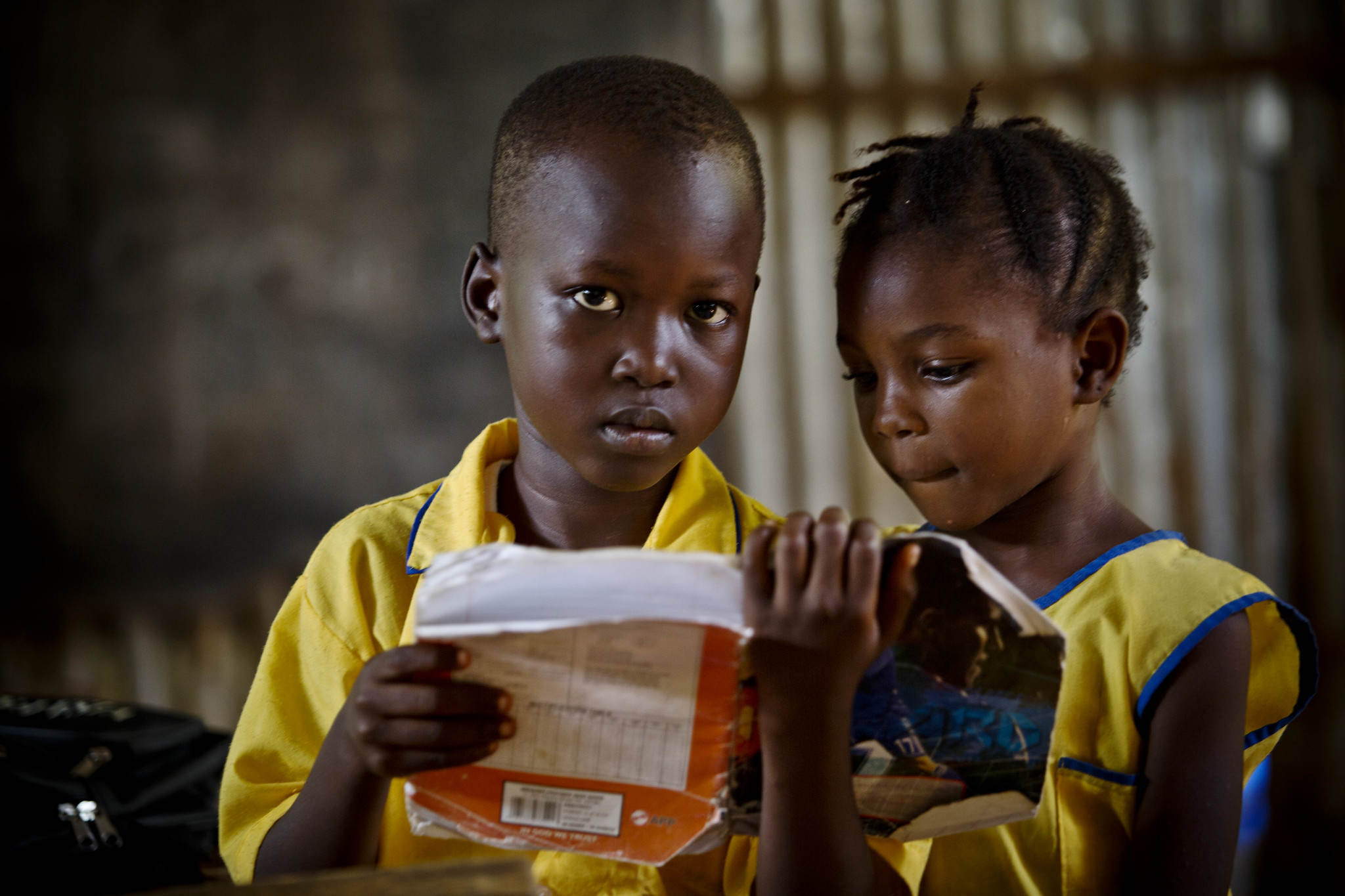
There has been great progress in education in Sierra Leone since 2018. More children are enrolled in schools than ever before, particularly girls. Thanks to the government’s Free Quality School Education programme, 700,000 more students have enrolled in school, with girls in senior secondary school showing the largest proportional increase. The decision in 2020 to overturn the policy that previously banned pregnant girls from attending school also led to a spike in female enrolment.
However, the most marginalised students in the country continue to be excluded from education, due to intersecting disadvantages such as poverty, social norms and stigma. They tend to be children with disabilities, from rural and underserved areas and from low-income households. Poverty remains the most significant barrier to education. The disparities are huge. An estimated 36% of households in the poorest wealth quintile have out-of-school children, as opposed to 6% in affluent households. Hardly any poor rural girls, compared to 42% of urban wealthy boys, had graduated from secondary school in 2017. Hence, girls are also less likely to go to university.
Education is one of the best routes out of poverty. This is why in 2020, the Government of H.E President Bio asked me to challenge my team to design a new education policy with the aim of removing the barriers that prevent the most disadvantaged children from reaching their full potential. The idea solidified on engaging local and international stakeholders including reading the recommendations in the 2020 GEM Report, which recommends explicit polices and legislation on inclusion. Our new policy is the culmination of a year-long consultation process that saw us travel around the country to speak with adolescent girls affected by the 2010 ban on pregnant girls from school, children with disabilities, students in rural areas, parents, families, teachers, communities and local education officials. They all gave their time and openly answered our questions. Their views, knowledge, and experience as well as those from civil society, have formed the basis of the first ever National Policy on Radical Inclusion in Schools in Sierra Leone.
The ultimate goals of the policy are enrolment, retention and successful transition of all students in pre-primary, primary and senior secondary education; regardless of disability, gender, pregnancy or parenting status, geographic location, and socio-economic background.
In practice, this goal means actively enabling those from marginalised and excluded groups to enter and remain in school until they graduate. It means adapting the education system to better meet their learning needs – ensuring school is a place of dignity, safety, and respect for all – while systematically reducing cultural, policy and practical barriers to education. Finally, it means developing the institutional structures, staff and tools necessary to support the implementation of this radical inclusion policy in schools.
While the policy follows the call of the GEM Report to widen the definition of inclusion to cover all learners at risk of exclusion, and not just one group, our priority will be disadvantaged girls. The policy aims to create opportunities for them to pursue an education through grants, scholarships, and community support programs. More safe schools will be built in rural remote communities to enable children, particularly girls, living in these locations to access education. Vulnerable learners may require resources to enable school attendance, such as sanitary towels, transportation, and priority in school feeding programmes. Greater access to sexual and reproductive health services will be critical, as, too, will be the provision of comprehensive sexuality education across core subjects. Families and communities will be engaged to provide support for their children at home and at school, including for parent learners.
The latter is particularly important because adolescent pregnancy and child marriage in Sierra Leone are among the highest globally, with an estimated 19% of girls aged 15 to 19 having had a live birth in 2017. There are immense disparities as well, with 18% of girls from the wealthiest households giving birth compared to 40% among those from the poorest households. The stigma, discrimination and lack of integration mechanisms for pregnant and young parent learners still remain a barrier to their full participation in school. This policy will enable pregnant girls to return to school after giving birth and provide support programmes to help them catch up from lost lessons and graduate. An exciting component of the policy is the appointment in every school of a Girls’ Champion, a teacher who will support girls and advocate gender inclusivity by mitigating abuse and exploitation throughout the school while promoting a girl-friendly learning environment.
Children with disabilities in Sierra Leone are also often denied their right to education. Even when they are in class, they are less likely to complete their primary education and transition successfully to secondary school. This policy will improve the learning environment for children with disabilities (physical, cognitive and psychosocial) by eliminating barriers to full inclusion, starting with physical barriers as many schools are inaccessible to students with disabilities. Out of all 11,168 schools in Sierra Leone, only 10% have ramps (Annual School Census, 2019). Through this policy, schools will ensure ramps are provided and toilets are more easily usable.
Teachers will also be trained to be more aware of the needs of students with disabilities in inclusive classrooms. Children with and without disabilities need to learn side-by-side, helping to break the cycle of stigma, discrimination, and marginalisation. The policy fosters an on-going partnership and engagement between special needs and mainstream education with proper early screening and assessment of children’s abilities. The policy allows for the development of individual learning plans for children with cognitive disabilities, with the involvement of parents and specialists. Continued access to assistive technologies and referral to supportive services will enable these children to have an education of higher quality.
A policy is only as effective as its implementation. Resources will be allocated equitably; more teachers will be trained in inclusive education and teaching assistants will be hired especially in classes where there are children with disabilities. Monitoring and evaluation to determine what is working and what needs to be improved will be a critical determinant of the success of this policy.
Education is viewed as the bedrock of long-term sustainable growth and socio-economic development of any country, helping to shift people out of poverty and create new opportunities to reduce inequitable income distribution and increase choices. This is more so in Sierra Leone under the leadership of H.E President Bio and this new Policy on Radical Inclusion in Schools will guide the government’s actions over the next five years towards a more inclusive and equitable education for all students. We are hoping it will bring Sierra Leone closer to achieving SDG 4, even with the constraints that Covid-19 has imposed.
Fuente: https://gemreportunesco.wordpress.com/2021/04/08/we-are-proud-of-the-first-ever-policy-on-inclusive-education-in-sierra-leone-the-national-policy-on-radical-inclusion-in-schools/
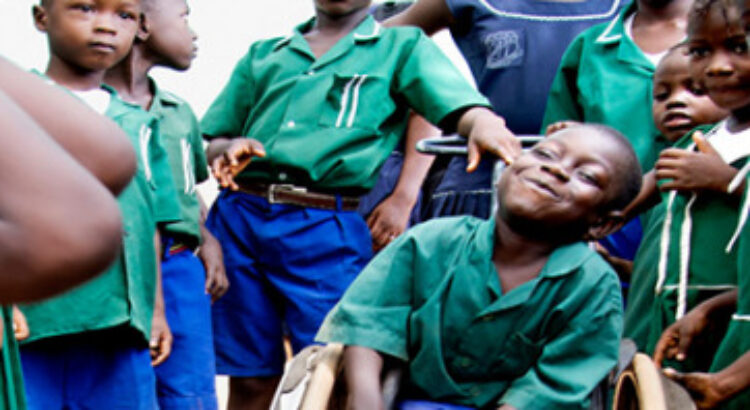

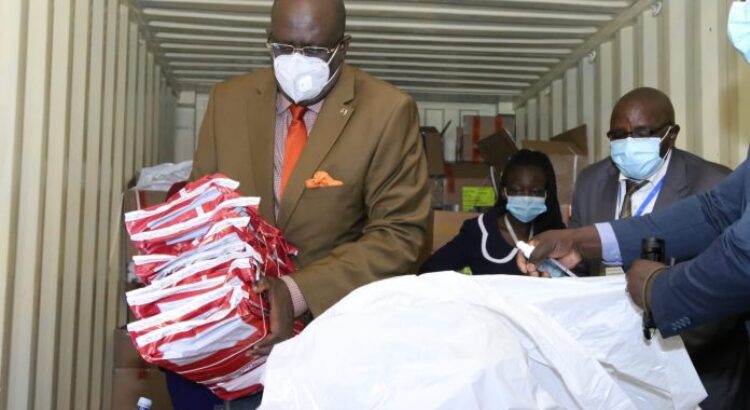
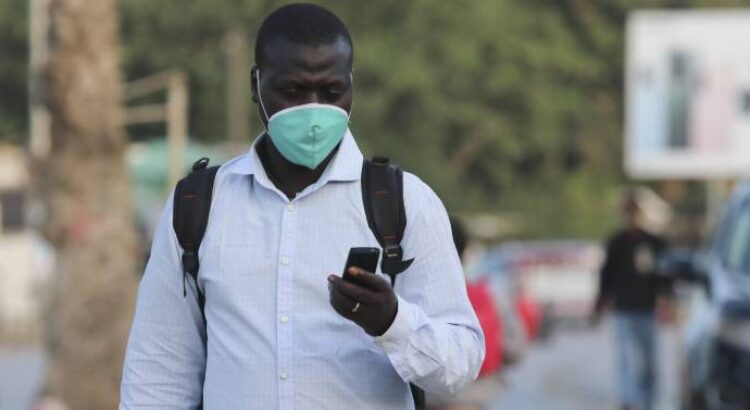
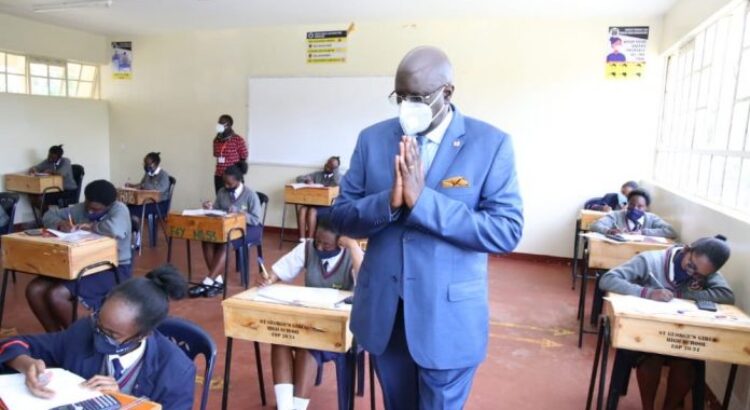
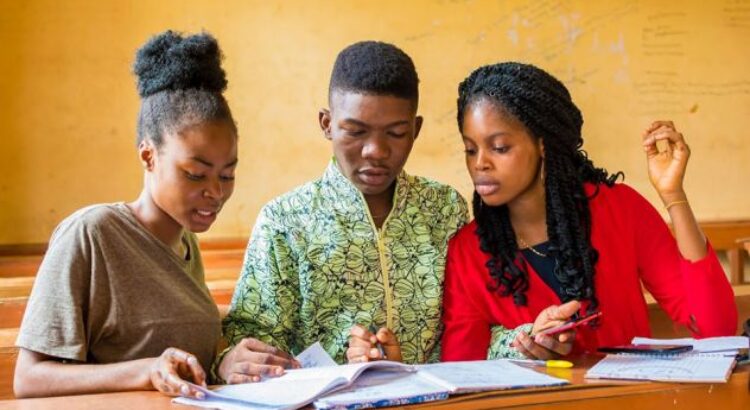
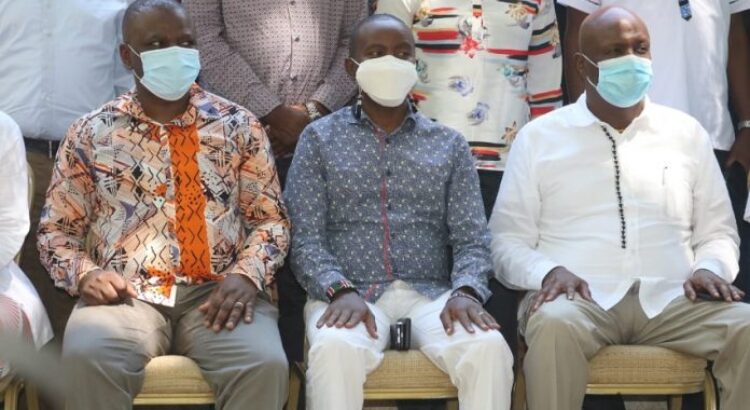







 Users Today : 5
Users Today : 5 Total Users : 35460388
Total Users : 35460388 Views Today : 8
Views Today : 8 Total views : 3419171
Total views : 3419171